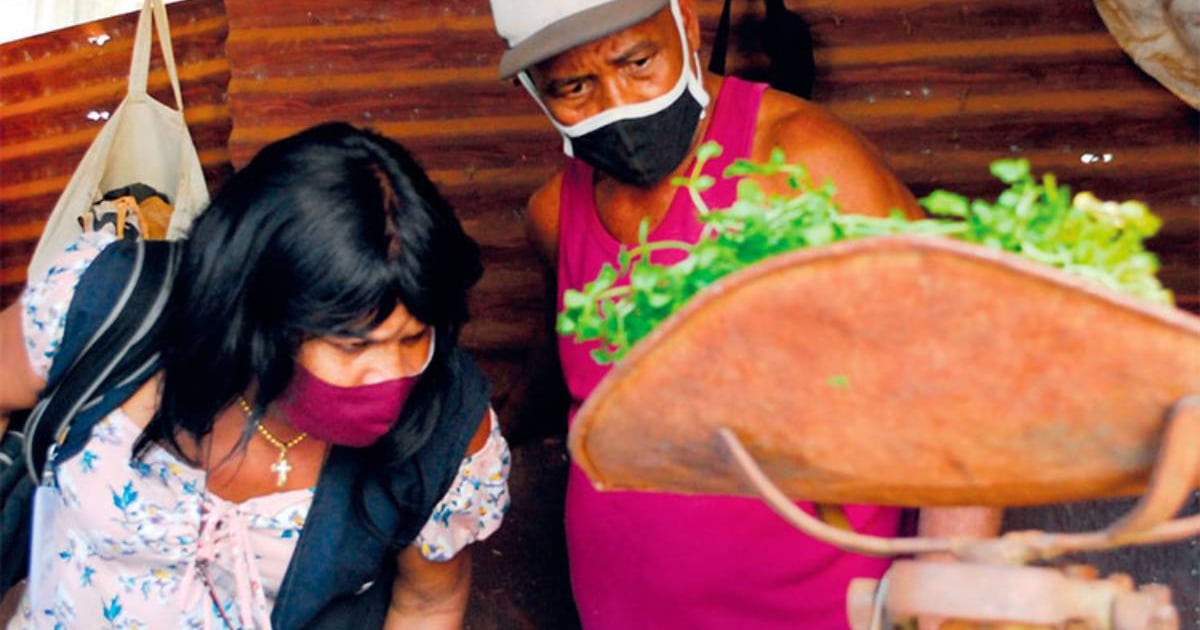
Related videos:
In a new offensive against self-employed workers and non-state management forms, the Cuban regime carried out an operation in Matanzas that culminated in the imposition of more than 5 million Cuban pesos (CUP) in fines.
This national exercise, focused on the "prevention and confrontation of crime, corruption, illegal activities, and social indiscipline," revealed the complexity of the economic and social situation in the region, as acknowledged by the authorities themselves.
The operation included more than 13 thousand inspection actions. It was led by entities such as the National Tax Administration Office (ONAT), the Ministry of Transportation, and the National Institute of Land Management and Urbanism.
Girón noted that from these inspections, 10,986 resulted in the imposition of more than 2,000 fines, significantly affecting local entrepreneurs and their businesses.
Tax debts and price control: The focus of the siege
Among the most alarming figures from the operation, there are tax debts amounting to nearly 7 million CUP, of which only a little over 3 million have been recovered.
Additionally, the tax accounts of several self-employed workers were reviewed, resulting in 13 penalties amounting to over 63,000 CUP.
In the area of price control, a topic that directly affects the population, the Inspection Directorate imposed 262 fines totaling over 1.1 million CUP, with 800 thousand CUP attributed to violations of pricing policies.
The high cost of goods and services, one of the most reported issues by citizens, was addressed through collaboration between the Military Intelligence Directorate and several ministries, which indicated "satisfactory" results, although the fundamental problem remains unresolved.
Other actions and repressive measures
The Commerce Directorate, for its part, inspected 337 economic actors and found 92 deficiencies, among which the limited use of payment gateways and the lack of commercial authorizations stand out.
Meanwhile, the Ministry of Public Health focused its efforts on controlling the Hepatitis outbreak affecting the province, although this issue seems to have been overshadowed by the pressure on entrepreneurs.
In a joint operation with the Ministry of the Interior, authorities acted against 50 individuals involved in alleged crimes and illegal activities. This operation, under the pretext of combating corruption and social indiscipline, has primarily targeted private workers and small business owners.
The real impact on self-employed individuals and the population
The sanctions exceeding 5 million pesos, combined with the constant harassment from authorities, reflect the difficult situation faced by self-employed workers in Cuba, who are already dealing with a hostile economic environment marked by inflation and shortages of basic supplies.
The regime continues to justify these actions as necessary measures to "restore order" in the economic landscape, while self-employed workers and non-state management forms denounce a systematic persecution that hinders the development of the private sector.
Frequently Asked Questions about the operation in Matanzas regarding self-employed workers and sanctions in Cuba
Why did the Cuban government impose more than 5 million pesos in fines in Matanzas?
The operation focused on the prevention and confrontation of crime, corruption, and illegal activities, resulting in fines imposed on self-employed workers for tax debts, price violations, and other irregularities. The actions were led by entities such as ONAT and the Ministry of Transport, aiming to control the hostile economic environment faced by entrepreneurs in Cuba.
What impact do these fines have on self-employed workers in Cuba?
The fines significantly affect local entrepreneurs, who are already facing a challenging economic environment marked by inflation and shortages of basic supplies. These sanctions represent an additional blow to the development of the private sector, which many international observers consider essential for the Cuban economy.
How is price control implemented in Cuba and what is its objective?
Price control in Cuba is carried out through inspections and sanctions by various governmental entities. Its aim is to regulate the prices of basic products to keep them accessible to the population, although these measures have faced criticism for not addressing the underlying issues of inflation and the scarcity of goods and services.
What is Resolution 225/2024 and how does it affect private businesses?
Resolution 225/2024 establishes price caps for six basic high-demand products in Cuba. This regulation has resulted in an increase in inspections and penalties for private businesses that do not comply with the regulated prices, leading to higher fines and temporary closures of establishments.
Why is it considered that the actions of the Cuban government are a systematic persecution of the private sector?
The actions of the Cuban government are seen as a systematic persecution because they focus on sanctioning private entrepreneurs with hefty fines and business closures, while state-owned stores continue to operate at high prices in foreign currencies. This approach disadvantages the non-state sector and limits its growth.
Filed under: